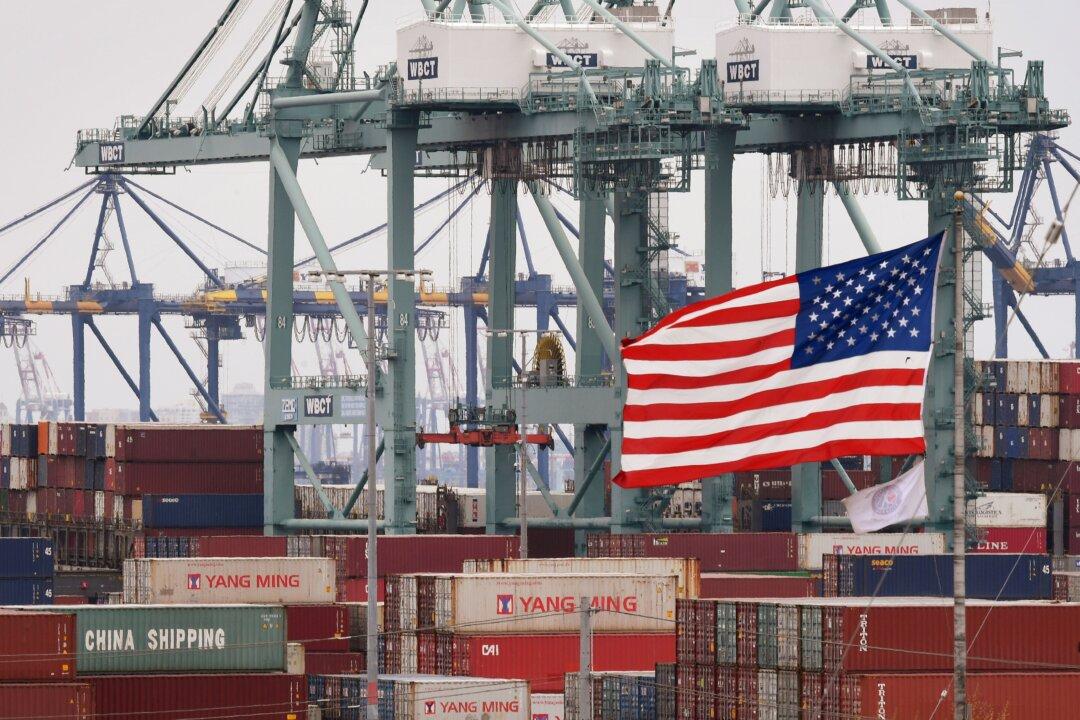Commentary
The Biden administration is taking steps to restrict China’s investment and trade to slow Beijing’s quest for dominance, but it is slow going with piecemeal and often uncoordinated legislation.

The Biden administration is taking steps to restrict China’s investment and trade to slow Beijing’s quest for dominance, but it is slow going with piecemeal and often uncoordinated legislation.